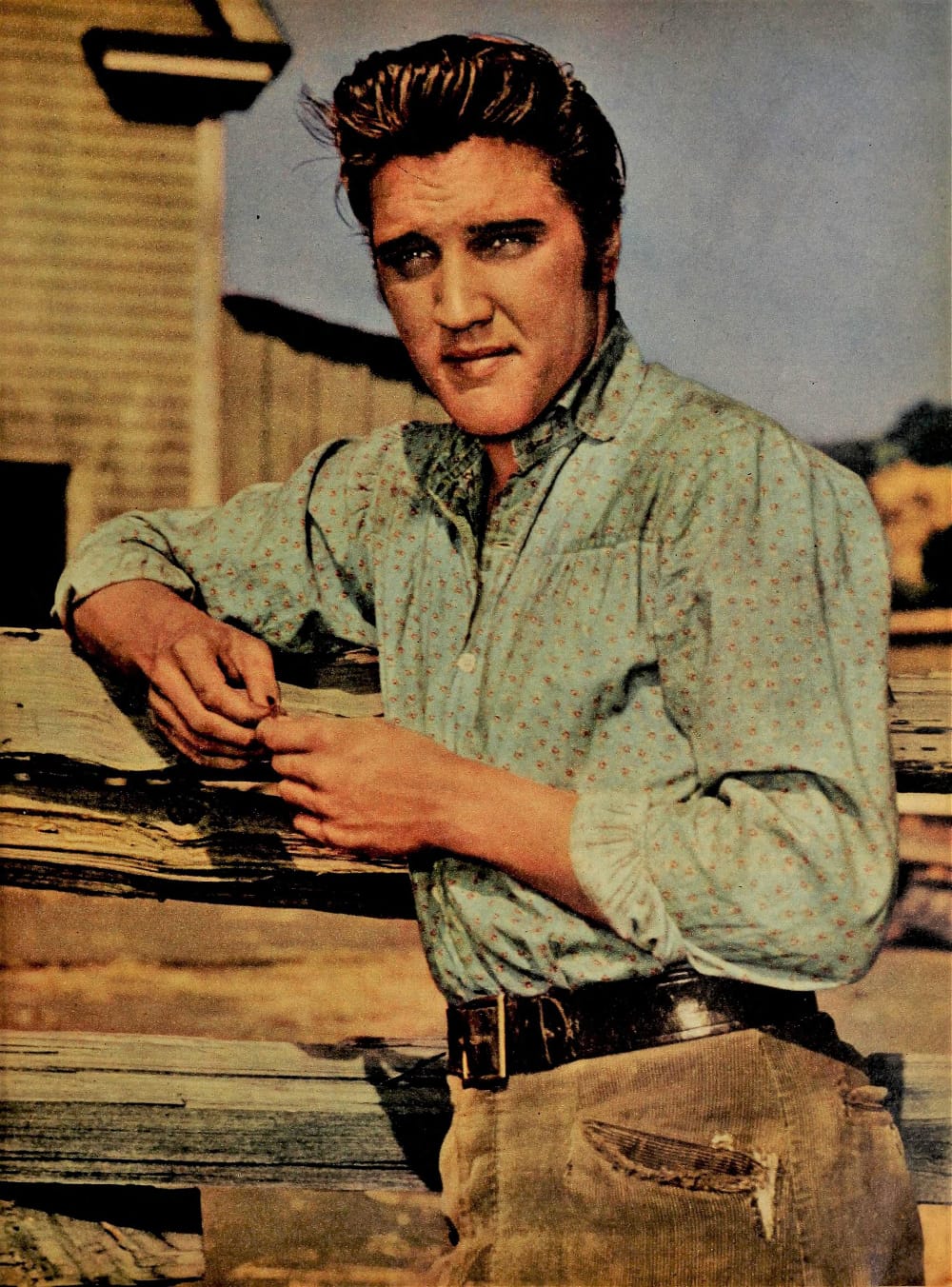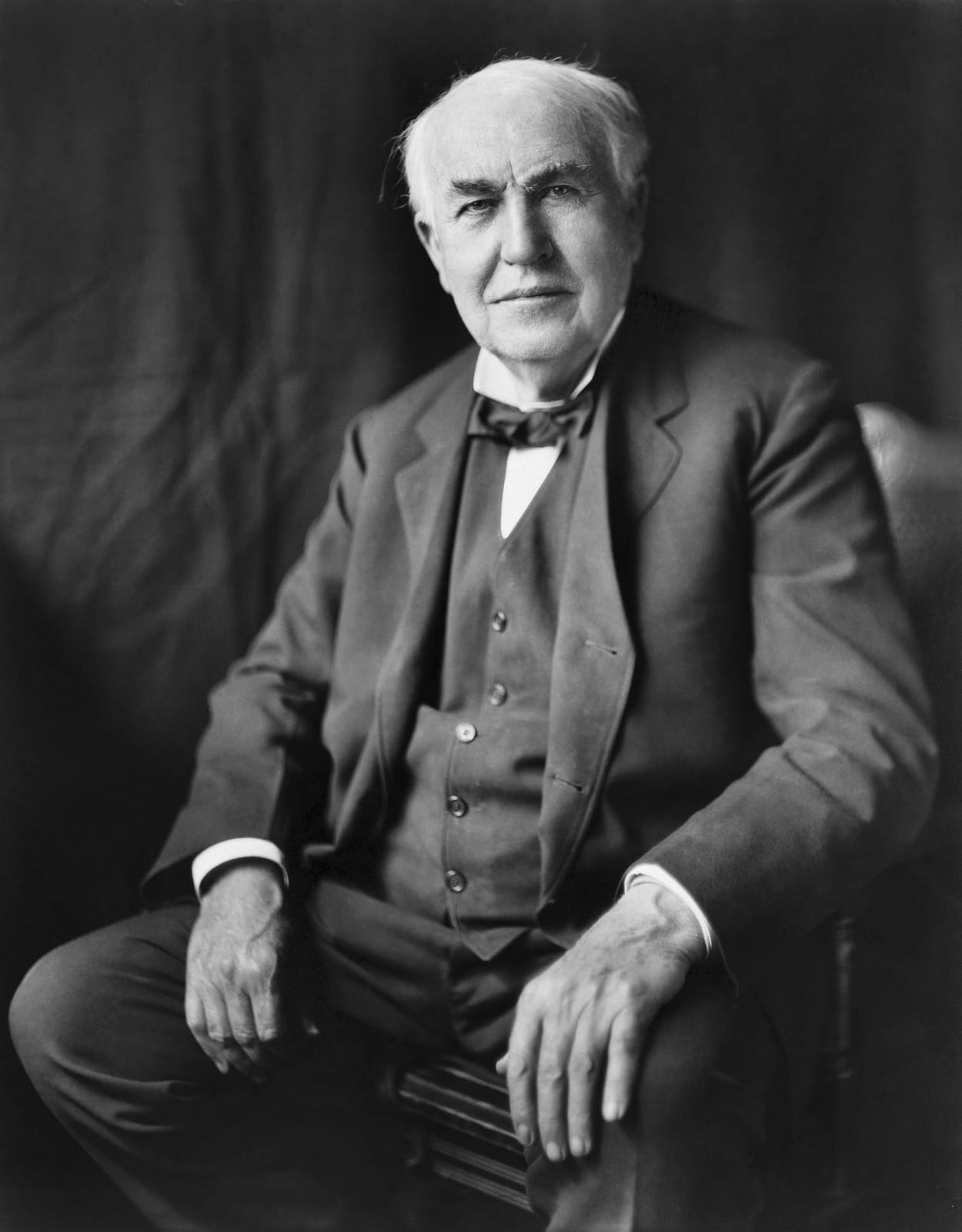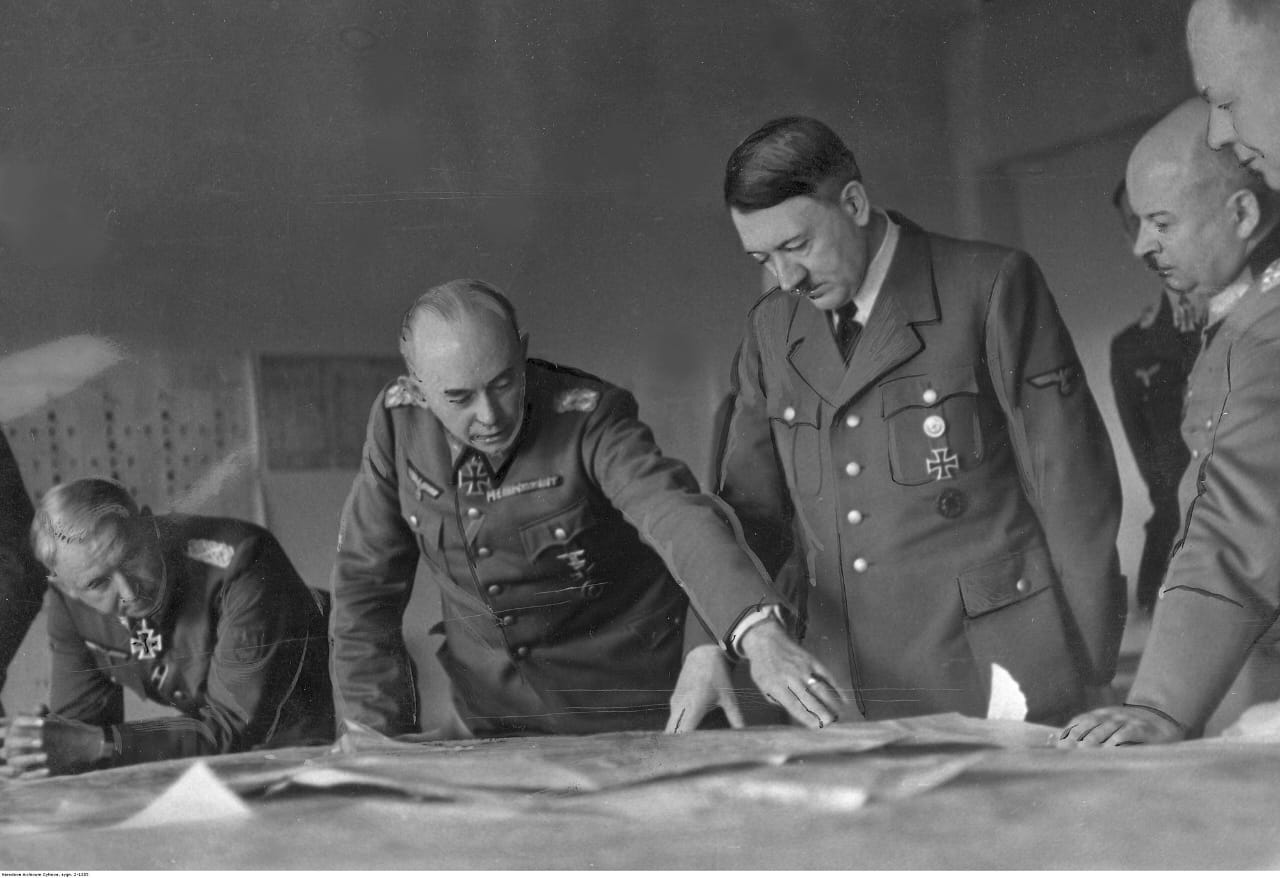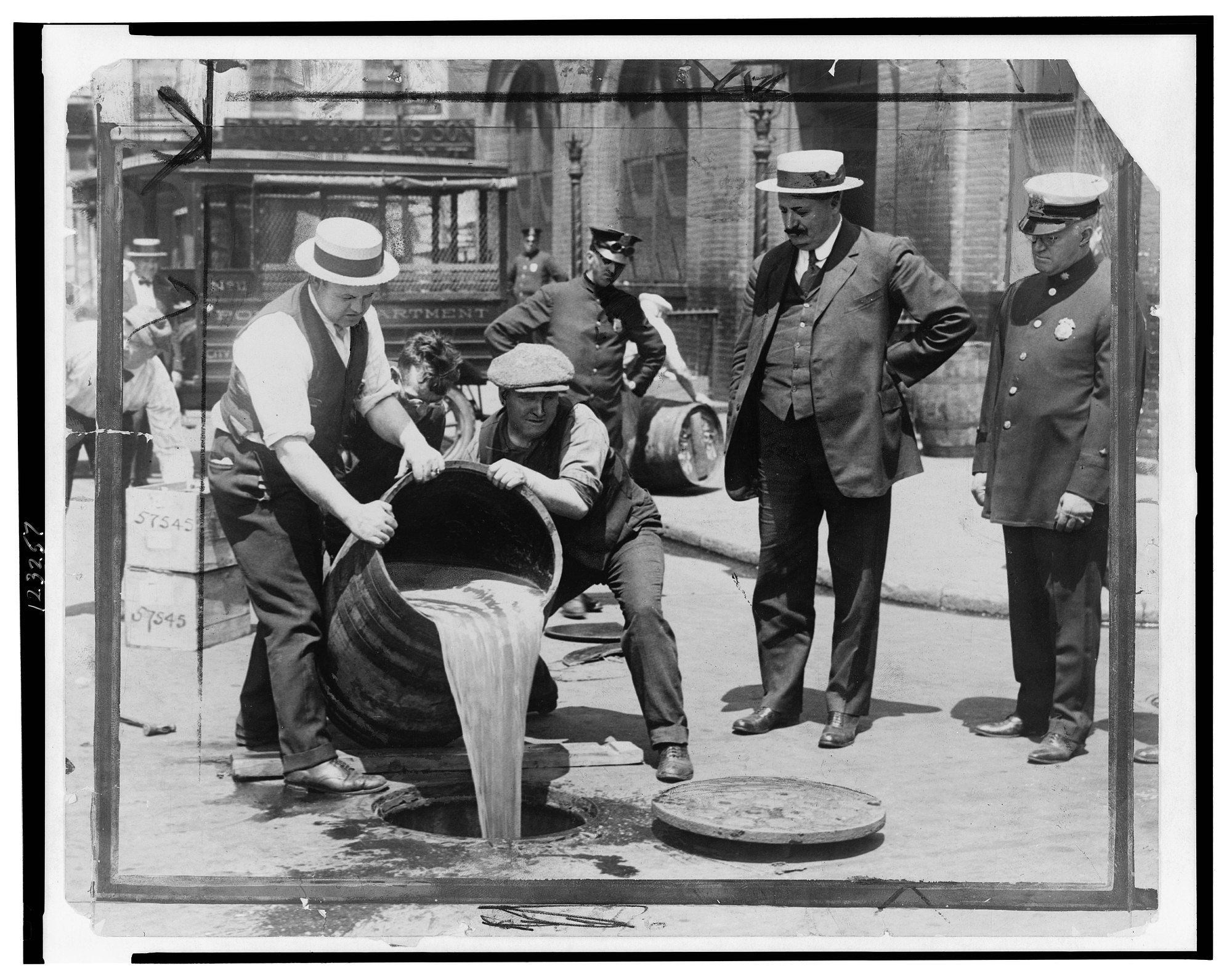December 20 might just be one of the most underrated dates in history. On its surface, it’s an unassuming day sandwiched between holiday shopping chaos and endofyear reflections. But dig a little deeper, and you’ll find a whirlwind of drama, intrigue, and plot twists straight out of a Netflix original series. So, buckle up as we take you on a rollercoaster of history, one December 20 at a time.
1. Richard the Lionheart Got Kidnapped (1192)
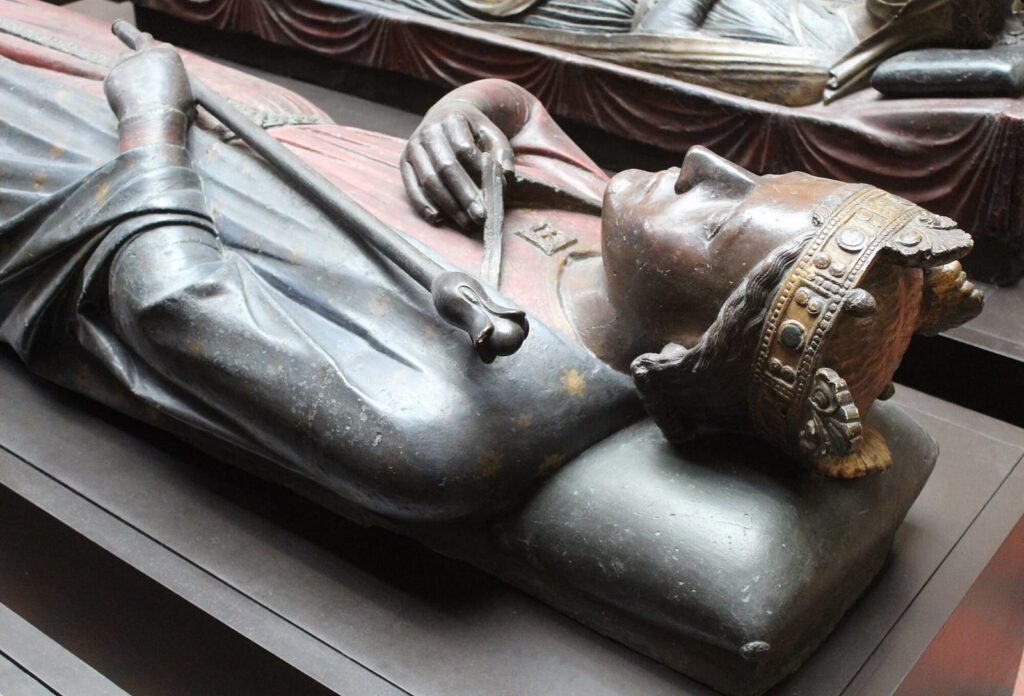
Imagine being the king of England, a seasoned crusader, and one of the most badass monarchs of the medieval era, only to end up being captured like a rookie. That’s exactly what happened to Richard I—better known as Richard the Lionheart.
Returning home from the Third Crusade, Richard was cruising through Europe when Leopold V of Austria decided to crash his party. In a move that screams “medieval ransom scheme,” Leopold captured Richard and held him for a jawdropping ransom of 150,000 marks (that’s around $3.3 billion in today’s money!). Spoiler alert: England paid up, and Richard went back to being the Lionheart we all know and (kind of) love.
2. The Virginia Company’s Big Gamble (1606)
If there’s one thing we’ve learned from history, it’s that people love a good adventure. On December 20, 1606, a group of English settlers set sail from London to create what would eventually become Jamestown, Virginia—the first permanent English settlement in America.
Now, let’s not romanticize this too much. These were NOT your Pinterestinspired colonists planting tulips and sipping tea. Their journey was fraught with danger, drama, and probably some terrible food rations. But hey, without this daring voyage, we wouldn’t have the origin story for the United States. So, kudos to them for making history—warts and all.
3. The Cheka is Born (1917)
Here’s where things get dark. December 20, 1917, marked the birth of the Cheka, Russia’s state security organization. Think of it as the ancestor of the KGB but with fewer spy gadgets and more pure terror.
Founded during the chaos of the Russian Revolution, the Cheka specialized in rooting out counterrevolutionaries. And by “rooting out,” we mean arrests, interrogations, and executions on a scale that would make any villain in a spy thriller look tame. This was the beginning of a surveillance state that would define Soviet politics for decades.
4. Hitler Takes the Reins (1941)
World War II was already a hellscape of destruction, and on December 20, 1941, things took an even darker turn. Adolf Hitler decided he wanted even more control (because, of course, he did) and declared himself the Supreme CommanderinChief of the German Army.
This wasn’t just a title change. It marked a shift in strategy—and not in a good way. Hitler’s micromanaging would lead to catastrophic military decisions, ultimately contributing to Germany’s defeat. Talk about karma coming full circle.
5. Elvis Gets Drafted (1957)
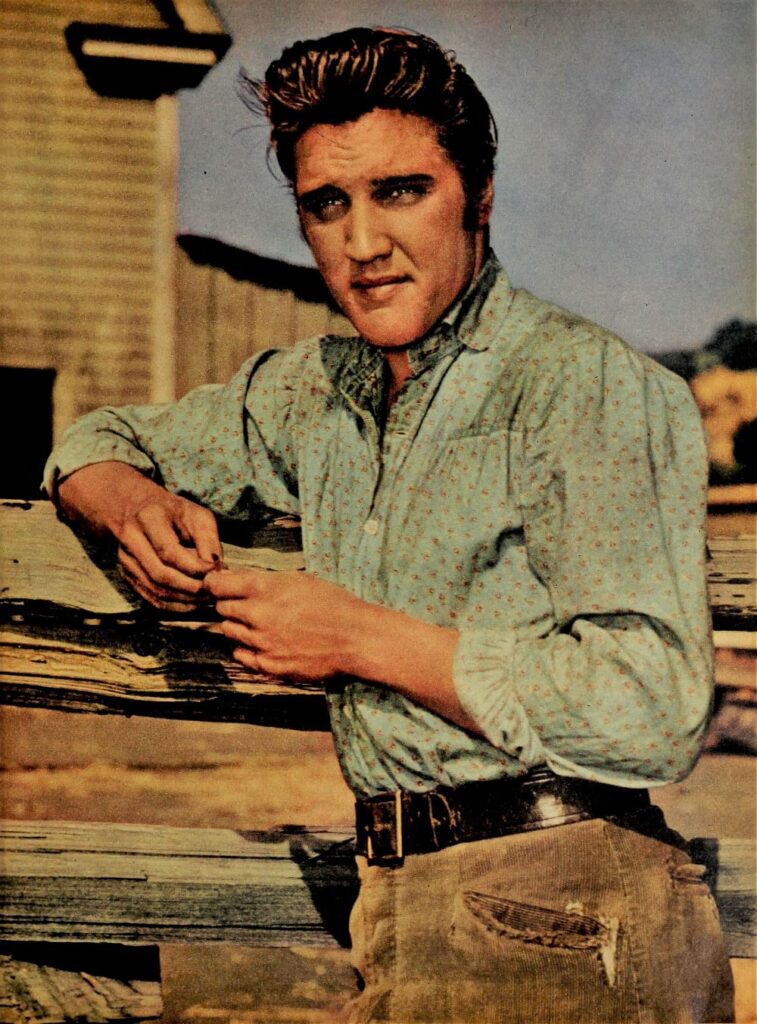
The King of Rock ‘n’ Roll had everything—money, fame, and a legion of screaming fans. But even Elvis Presley couldn’t dodge Uncle Sam. On December 20, 1957, Elvis received his draft notice for the U.S. Army, throwing teenage girls across the nation into fullblown panic mode.
What followed was a bizarre mix of military service and celebrity. Elvis served with distinction, but he didn’t stop being Elvis. Cue the photos of him in uniform, which only fueled his legend. Moral of the story? Even when you’re drafted, you can still slay.
6. The Zodiac Killer Strikes (1968)
Fast forward to December 20, 1968, and we’re in full blown true crime territory. On this day, Betty Lou Jensen and David Faraday were brutally murdered in California, marking the start of the Zodiac Killer’s reign of terror.
The case remains unsolved, making it one of America’s most infamous serial killer mysteries. And while we’re not here to glorify this madness, it’s impossible to ignore the cultural impact. The Zodiac case has spawned countless theories, books, and even movies. Somewhere out there, someone is still trying to crack the code.
7. The MV Doña Paz Disaster (1987)
If you thought Titanic was bad, let us introduce you to the MV Doña Paz tragedy. On December 20, 1987, this passenger ferry collided with an oil tanker in the Philippines, resulting in over 4,300 deaths. Yes, you read that right—over 4,300 lives lost in the worst peacetime maritime disaster ever recorded.
The aftermath was a mix of heartbreak, outrage, and a desperate call for better maritime safety. Decades later, it remains a somber reminder of what happens when negligence meets tragedy on the open seas.
8. Queen Elizabeth II Sets a Record (2007)
On December 20, 2007, Queen Elizabeth II officially became the oldest reigning monarch in British history, surpassing Queen Victoria’s record. This wasn’t just a milestone—it was a testament to Elizabeth’s resilience and adaptability in a rapidly changing world.
From World War II to Instagram, this queen has seen it all. And while some might argue that the monarchy is a relic of the past, Elizabeth’s longevity proves that reinvention is the name of the game.
9. South Carolina’s Mic Drop Moment (1860)
Ah, South Carolina. On December 20, 1860, the state decided to go full rebel and secede from the Union, becoming the first domino to fall in what would soon escalate into the American Civil War.
This wasn’t just a political move—it was a declaration that the status quo wasn’t cutting it. While history would prove the Confederacy’s cause to be deeply flawed, this moment changed the trajectory of the United States forever.
10. Savannah Falls to Sherman (1864)
If you thought December 20 was all bad news, here’s a military success story. In 1864, General William T. Sherman completed his infamous “March to the Sea” by capturing Savannah, Georgia.
Sherman’s campaign was a masterclass in psychological warfare, leaving a path of destruction that crippled the Confederacy. His Christmas gift to President Lincoln? The city of Savannah itself. Talk about making an entrance.
11. The UN Goes Big Apple (1946)

Who doesn’t love a good real estate deal? On December 20, 1946, the United Nations General Assembly voted to establish its headquarters in New York City. This wasn’t just a practical decision—it was a symbolic move to position the U.S. as a global leader in the postWorld War II era.
Today, the UN headquarters is a bustling hub of diplomacy, hosting everyone from heads of state to climate activists. And let’s be real: there’s something poetic about world leaders navigating NYC traffic to talk peace.
12. Portugal Waves Goodbye to Macau (1999)
December 20, 1999, was the day Portugal officially handed over Macau to China, ending 442 years of colonial rule. For Portugal, it was the end of an era. For China, it was a step toward reclaiming its historical territories.
Macau has since transformed into a glitzy hub of casinos, culture, and culinary delights. But beneath the neon lights lies a rich history that blends East and West in ways few places can.
13. The Louisiana Purchase Ceremony That Was Basically a LiveAction Sitcom (1803)
Imagine being handed a piece of land that’s bigger than your entire country, and the first thing you do is… absolutely nothing. When the Louisiana Territory was officially transferred from France to the U.S., the officials in New Orleans were stuck scratching their heads.
How do you even “transfer” land this big? Add in some vague instructions and language barriers, and you’ve got yourself a brief but real power vacuum. For a hot minute, no one knew who was in charge. Thankfully, someone finally figured out how to raise the U.S. flag, and the world’s most awkward real estate deal was sealed.
14. Idaho Lights Up… and Almost Blows Up (1951)
The future was now—or at least it felt that way when the Experimental Breeder Reactor I in Idaho generated electricity for the first time. Four glorious light bulbs were lit up by nuclear power, a historical milestone in science and energy.
But the glow up was short lived. Turns out, the reactor wasn’t exactly stable and decided to overheat, causing minor explosions. Let there be light? Sure. Let there be chaos? Absolutely.
15. Bristol’s Hum: The Soundtrack to Insomnia (1980)
On December 20, 1980, the residents of Bristol, England, discovered their city came with an unexpected feature: a lowfrequency hum that wouldn’t stop. Dubbed the “Mystery Hum,” it quickly drove people to the brink of madness.
Scientists were baffled, conspiracy theories flourished, and sleepdeprived citizens just wanted some peace and quiet. Decades later, the hum remains unsolved, proving that sometimes, the soundtrack of life is just a neverending loop of “what is going on?!”
16. Steve Jobs’ Time Capsule, AKA the 18Year Oops (2001)
Time capsules are meant to preserve a snapshot of the past, but apparently, Steve Jobs’ 1983 masterpiece got a little too preserved. Buried with items like a Lisa computer mouse and other quirky relics, the capsule was supposed to resurface in 2003.
But someone forgot about it, and it wasn’t rediscovered until 2001—18 years late. The accidental excavation unearthed not just tech artifacts but also a question: Who buried it and didn’t tell anyone? Classic Jobs.
Final Thoughts
December 20 isn’t just another date on the calendar—it’s a time capsule of human ambition, resilience, and, let’s face it, chaos. From medieval kings to rock ‘n’ roll icons, this day has seen it all. So the next time December 20 rolls around, take a moment to appreciate its rich tapestry of drama and history. After all, who doesn’t love a little chaos to spice up their holiday season?
